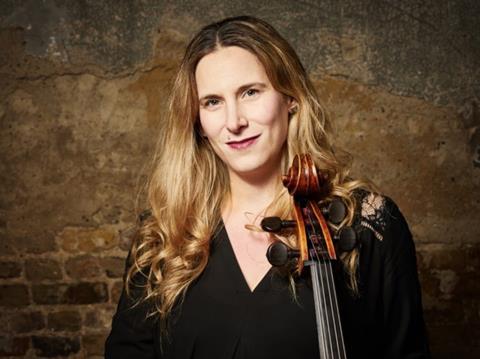Edward Bhesania hears the performance of Shostakovich, Mendelssohn and Casals at London’s Wigmore Hall on 13 April 2025

This instalment of the Wigmore Hall’s Sunday-morning concerts was further proof that the informality of the hour at this venue has no ill effect on the sheer quality of its artists.
The woody sound of Rosefield’s instrument lent a keen edge to the opening of Shostakovich’s Cello Sonata, tempering what might otherwise have seemed a carefree mood. Her instinct for colouring was on display throughout the first movement – in the veiled tone of the accompaniment to the piano’s second theme as much as in the stark ghoulishness of the coda. Sparks flew in the whirligigging second movement, in which Rosefield approached the perilous seesawing arpeggios in harmonics with brave abandon. The finale saw an ideal balance of mischief and menace.
Both players addressed the audience in short introductions, Rosefield noting that this day marked Passover as well as Palm Sunday. This made the second item, the Cello Sonata no.2 by (Jewish-born) Mendelssohn, an appropriate pairing to Shostakovich, who openly opposed anti-Semitism.
In contrast to the Shostakovich, what struck here was the joyful exuberance of both players – the brilliance, precision and tireless energy. The encore, Casals’ Song of the Birds, displayed another dimension to Rosefield’s sound: there was nostalgia and melancholy, but a vein of rich lyricism too.
EDWARD BHESANIA











































No comments yet